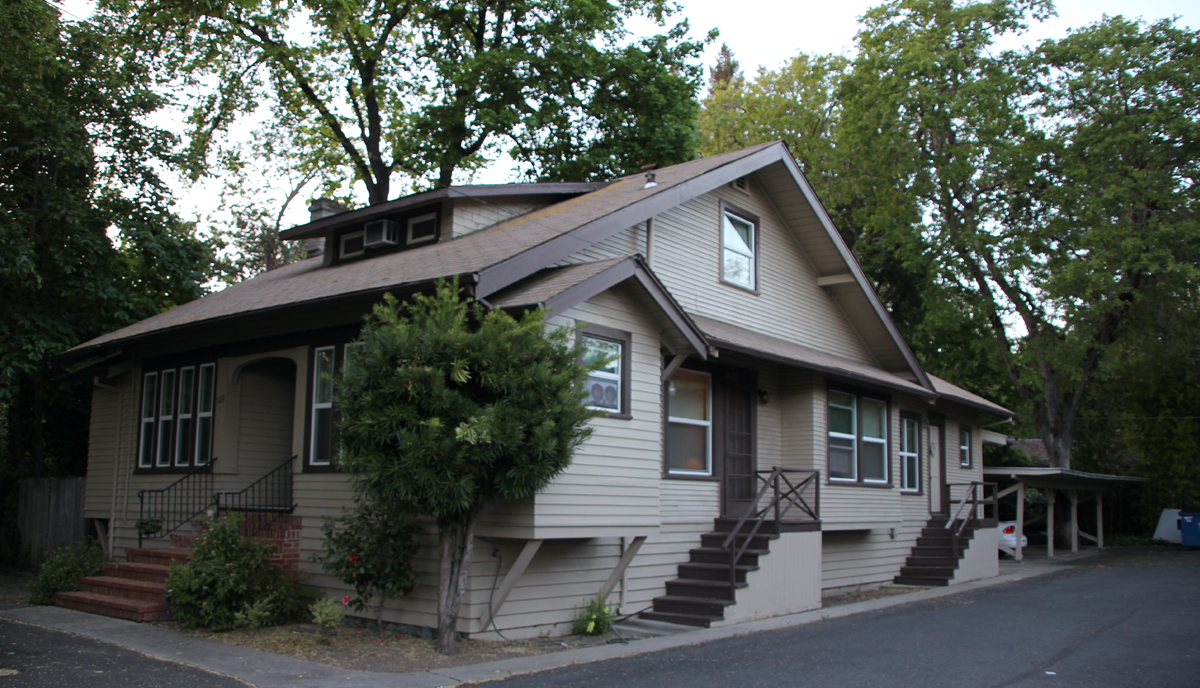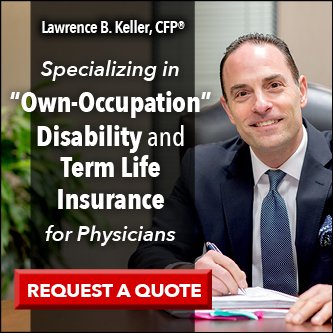As more people move toward becoming debt free, there comes a time when they must choose which debt to pay off next. Often the last two debts are their home mortgage and the mortgage on a rental property. The home likely has a lower interest rate and is often the larger loan.
The best way to become debt free is to put all pay off efforts into one loan at a time. Concentrating your effort has the same effect that a magnifying glass has on the sun’s rays. By concentrating the sun’s rays into one spot, enough energy is delivered to start a fire.
The concept of attacking one debt at a time gives you the quickest way to boost your monthly cash flow. By completely eliminating that debt, which ends it’s monthly payment, a jump will occur in your monthly cash flow. Paying off half of the debt doesn’t change your cash flow as you still have the same monthly payment to make.
So when you get down to the final two mortgages, how do you decide which one to tackle first?
For me, this is an easy decision. It all comes down to taxes and safety.
Taxes
Home and rental mortgages are handled differently by the Internal Revenue Service (IRS). The home mortgage is deducted on Schedule A, which is limited by the standard deduction and by your household income. High income earners are subject to the limit on certain itemized deductions. Rental mortgage interest is deducted on schedule E, and is not limited by any restrictions, these deductions always offset the rental income.
Schedule A is used to list items that can be deducted from your taxes including but not limited to health care expenses that exceed 7.5% of your adjusted gross income, State and local taxes up to $10,000, gifts to charity, and home mortgage interest paid.
You can either use the total of these deductions as your tax write off, or you can take the standard deduction of $24,800 off your adjusted gross income. This means that only those whose total deductions exceed $24,800, for a married couple, will benefit from itemizing. Since about 90% of Americans take the standard deduction, 90% of taxpayers do not get any deduction for their home mortgage interest.
Let me rephrase this concept. As an American, you have a 90% chance that you will not get a deduction for the interest you paid on your home mortgage. Yet almost everyone thinks they get to deduct their home mortgage interest, making it a great loan to keep, for the tax write off. If you are avoiding paying off your home because of the tax write off, you have been duped by the system.
Let’s look at a large home mortgage at today’s interest rates. If one were to purchase a $600,000 home and have a $500,000 mortgage with a 30 year amortization and an interest rate of 3.2%, the first year’s interest would be about $16,000. If you live in a state with no income tax and you give $8,000 to charity, you will have a Schedule A write off of $24,000. Since the standard deduction is higher than your itemized deductions, you would end up using the standard deduction and get absolutely zero write off for your home mortgage. This despite the bank and everyone else telling you to keep a home mortgage as your last great tax write off. Even if you were able to deduct some of the interest, the first $24,800 will not be deductible.
What about the rental mortgage. Let’s use the same purchase price and mortgage as the home example. You buy an investment property for $600,000 and have a mortgage of $500,000. You have a loan with a 30 year amortization and the interest rate will be about 1% higher than the home interest rate because it is not an owner occupied property. At 4.2% interest you will pay about $21,000 in interest the first year.
The rental interest is deducted on Schedule E of your tax return. Schedule E does not have a standard deduction like Schedule A. But the interest is deducted against your rental income, not your earned income from your employment, unless you are a real estate professional. If there is not enough rental income to get the full deduction, it will be carried forward and used in subsequent years, when your rental income has increased, which it does over time.
If you are paying a marginal federal income tax rate of 24%, then the deduction of $21,000 will get you a tax refund of $5,040. This makes the actual cost of the rental mortgage interest $21,000 – $5,040 = $15,960. This is almost exactly the same as the home mortgage interest expense, even though the rental has a higher interest rate. The actual cost of the rental interest becomes even better if you also pay state taxes.
Since the home mortgage interest deduction is limited or non-existent and the rental interest is always deductible, considering the tax ramifications favors paying off your home first.
Safety
Which mortgage, if kept, will leave you in the safest position; the mortgage on your home or your rental property? If a financial catastrophe strikes your family, like a job loss, with just one mortgage remaining, you will be at risk of defaulting on that mortgage if you can’t make the payments. (If you have had a personal financial catastrophe, please read The Doctors Guide to Navigating a Financial Crisis so you can get your life back.) If the final mortgage is your home, you are at risk of losing your home during the catastrophe. If, on the other hand, the final mortgage is your rental property, you are at risk of losing the rental property if you can’t make the payments.
Which would you rather lose in a bad financial situation, your home or your rental property? Almost everyone would rather lose their rental property and keep their home.
This issue of safety also favors paying off the home mortgage before paying off the rental mortgage.
For these two reasons, tax write off and safety, I almost always recommend that my coaching clients pay off their house before they pay off their rental property mortgages.
Cash flow
There is one exception to this recommendation. If the home mortgage is significantly larger than the rental mortgage, I would pay off the rental first. For instance, if your home has $500,000 left to pay but the rental that you have had for several years is down to the last $50,000, I would pay off the rental first and recapture the rental mortgage payment as monthly cash flow. Eliminating a mortgage payment is a big boost to your monthly income.
If each of these loans had a monthly payment of $2,200, paying off the rental property has a huge return in cash flow compared to the home mortgage. The annual payments are $2,200 x 12 = $26,400. When you pay off the $500,000 home loan you will get a $26,400 return in cash flow, that is a 5.28% return on your investment. When you pay off the $50,000 remaining rental loan to get the same $26,400 annual cash flow boost, your return on your investment will be 52.8%.
The overall answer is to pay off the house first unless the rental mortgage is a lot smaller and can be paid off significantly sooner than the house.
If you need more information as to why you should stop managing your debt and start eliminating it, please get a copy of my book The Doctors Guide to Eliminating Debt.






In the $500,000 mortgage scenario above, shouldn’t you add the property tax to the $16,000 interest plus $8000 charitable donation for a total greater than the standard deduction? Just wondering…..thanks.
Lisa,
Yes I could have added property tax into the equation as well as other possible deductions. But I was trying to keep it simple. The concept would be the same with or without property tax. Property tax will have some limitations on Schedule A and no limitations on Schedule E thus enhancing the concept of paying off the house before paying off the rental mortgage. I didn’t think it needed even more enhancement. 90% of the population does not itemize and they include property taxes and a few other deductions and they still don’t pass the standard deduction. If you add it and it takes you past the $24,800 mark, you are only getting a benefit by the amount that exceeds the standard deduction. If it pushed you up to a $25,000 deduction, your benefit is an extra $200 deduction. At a 40% tax rate, that would be a savings of $80. Also I was very generous with the charitable giving number and that probably made up for leaving off the property taxes. The average American gives only 2.1% of their income to charity. So if you made $300,000, you would on average only give $6,300 to charity.